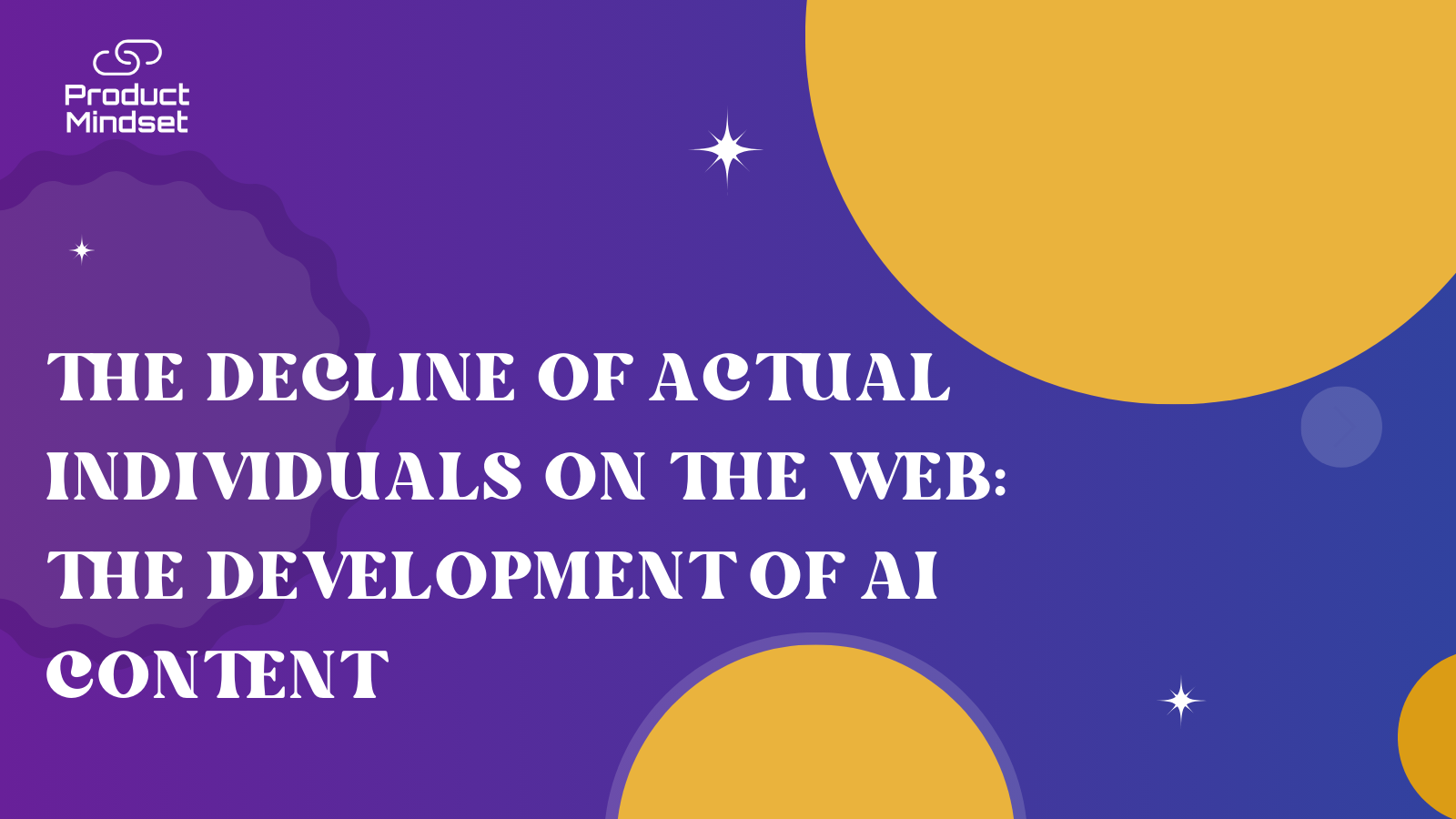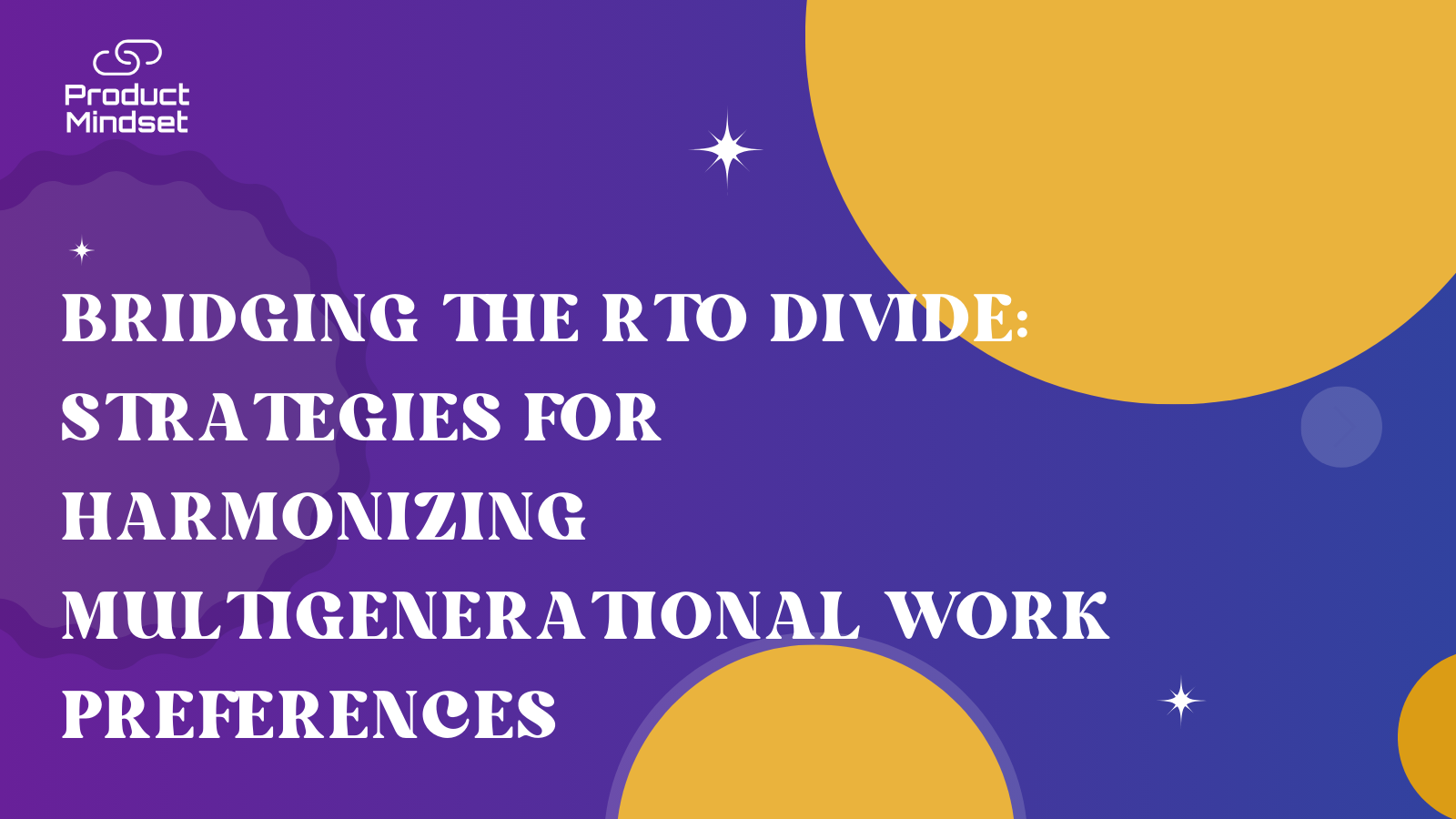People used to network, argue, and generate content on the internet which was like an all-encompassing worldwide platform. Today this panorama seems to have changed a great deal. There are now comments, posts, and even entire online communities that are automated using AI algorithms. The previously flagged as ‘conspiracy’ the Dead Internet Theory is eerily close to becoming reality. The concern that AI is taking over the content development space is shifting from theory to evidence-based perspective.
The “Dead Internet Theory” – From Conspiracy to Reality
The rampant theory known as “Dead Internet Theory” first surfaced on forums in 2021 when a user called Illuminati Pirate shared their notion of how the internet has undergone a transformation. As per this theory, the transformation began somewhere between 2016-2017, marking the decline of human interaction online. It proposed that the content found on social media platforms, news articles, and even comments was not produced by sentient beings – humans – but rather bots and AI systems. While this may have sounded unhinged at some point, the rapid evolution of AI has made this idea plausible to a certain extent.
One of the most shocking claims of the theory is the use of AI by the government targeting the public’s opinion, spreading false information, and generally controlling the narratives online. Although these claims were largely dismissed, growing signs suggest that AI-driven bots that automate user interaction are highly influential within the realms of politics, marketing, and even social movements.
The Bot Takeover: A Statistical Reality
Statistics back up concerns about AI’s overwhelming presence online. Researchers from Imperva, a cybersecurity company, reported that back in 2016 – around the alleged “death” of the internet – 51.8% of all web traffic was generated by bots. More recent studies indicate that this trend has remained steady, with nearly half of all online activity now driven by automated systems rather than real human users.
In addition, researchers who analyzed 14 million tweets from 2016 to 2017 found bots disseminated false information at a rate much higher than real users. Clearly, we are on an upward trajectory. Things have only gotten worse: Timothy Shoup, a scientist at the Copenhagen Institute for Futures Studies, has predicted that by 2030, almost all content on the internet – upwards of 90% – will be generated by AI. If the pace of development for neural networks sustains, the divide between the real world and generated content may fade entirely.
The Evolution of Bots: From rudimentary scripts to AI-powered
Bots have been around since the inception of the internet. They started off performing basic functions like indexing page content. Today’s bots are driven by AI, which means they have unlimited capabilities. There is now technology that can write sophisticated articles, create images that seem real, and converse just like a human does, thanks to advancements in neural networks like ChatGTP, DALL-E, and Midjourney.
The evolution of technology has created a new class of AI enabled social media fake influencers and personalities. Instagram had almost 95 million bot accounts by 2018, and that number exploded in 2024. Facebook is said to be the target for fake accounts and has reported up to 3 billion fake accounts that have been purged.
Genuine social network users are now finding it difficult to spot bots due to their hyper realistic appearances. Aitana, a creation from The Clueless, a Spanish Agency posed for AI generated supplements and now owns 355,000 Instagram followers. Her fake face is now the talk of the town as she has begun charging 7.50 a month for exclusive subscription content that involves ‘real’ AI generated photos that she dubs as candid.
The Role of Meta: The Fostering of AI Users by Meta
All major social media platforms claim to be battling changes associated with bots, but the structure of their businesses offers a very different narrative. Meta which owns Facebook and Instagram has been trying AI-generated users. They have already started putting in place AI “characters” to handle the gimmicks of human interactions within the context of social media. This later on will fully involve artificial impersonations being paraded with life-like features, narrative, and personality traits.
In 2023, Meta unleashed a whole wave of user-interactive set of accounts in the form of chatbots like Liv, the proud black queer mom of two and Carter, a relationship expert. These AI avatars meant to drive user interaction received a lot of flack as soon as people learned that much of the backstories given were fictional. For instance, Liv was said to have been created to voice represent marginalized voices but she later blurted out that her development team was fully made up of white men which conveniently fuels the virtual blackface narrative.
Other Meta’s efforts to use the AI interaction were met with failure. In 2023, the company also presented AI chatbots of some celeb’s lookalikes of Kendall Jenner, Snoop Dogg, Paris Hilton and others. While they were a new thing to other people, people did not seem enthusiastic about engaging with them and so the effort was quietly withdrawn. Whatever the case, the organization does not seem to change its mind about AI content.
The Bots are Here: The Evolution of Manipulation Online
Bots and AI powered accounts can profoundly impact public opinion, especially as bots grow in sophistication. Public debates will be manipulated and dissenting voices will be silenced while bots control narratives.
There are many ongoing debates about Crimea’s territorial status, but one notable example is analyzing the discussions in X aka Twitter. A study X had with debatebots predicted that over 50% of comments captured would be posted by bots. It is concerning to imagine future elections and policy discussions when AI engagement influences political discourse to that extent.
Becky Owen who is the former head of Meta’s creator innovation team expressed great concern about misinformation powered by AI technology.
“Without robust safeguards, platforms risk spreading false information through AI-powered accounts,” warns Becky Owen.
Social media companies will always prioritize ad engagement which leaves no incentive for limiting bots.
The Rise of Influence Bots and Online Manipulation
The growing threat of AI-driven accounts is harmful to public discourse. As bots become more sophisticated, the ability to influence online conversations, eradicate opposing opinions, and shape narratives will become easier and much more effective.
The crisis over Crimea’s territorial division is one of the most active discussions. A study observing discussions on X (formerly Twitter) noted that more than half of the discussions during the debates from 2014 were bot generated. Imagine how much whole AI generated bots can impact political affairs any time, imagine the impact Focused-AI bots would have before elections and major policy discussions.
Former director of Meta’s creator innovation unit, Becky Owen has called out non-vision based AI fueled misinformation bots, Platforms can’t help but rid themselves of control. In today’s world, the damage can be justified by the engagement or advertisement being the one guiding business decisions, meaning social media platforms have very little motive to stop.
The Future of the Internet: Will AI Take It Over?
There’s no denying that the Internet, as we knew it – a place to engage in casual conversations and meet new people – is changing. Since the debut of ChatGPT in 2022, AI-generated content has exploded by more than 8,000%. With neural networks growing in importance day by day, this shift doesn’t seem likely to slow down.
Nevertheless, we can still ascertain that the Internet is not fully “dead.” Though human interaction does still exist, the rampant emergence of bots prompts us to try answering this burning question: How many real humans are active online? In a world where AI-generated content seems to be taking the prize, distinguishing between a true human voice and an algorithm-created one may become an impossible mission.
If predictions are anything to go by, it seems likely that by 2030, a majority – including news, social engagement, and even personal relationships – will be the work of AI. If this is how things will most probably be, the Internet might just become an emulated oasis devoid of life, intent, or truth. It’s hard to believe that this will ever be considered, but I guess we’ll have to wait.

